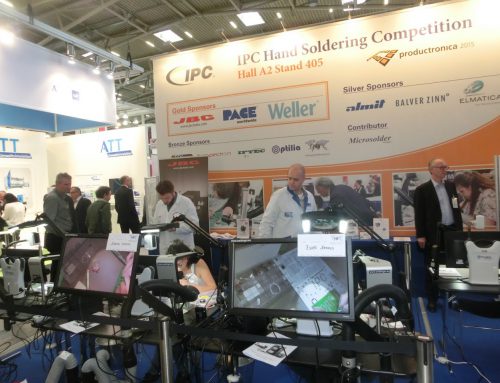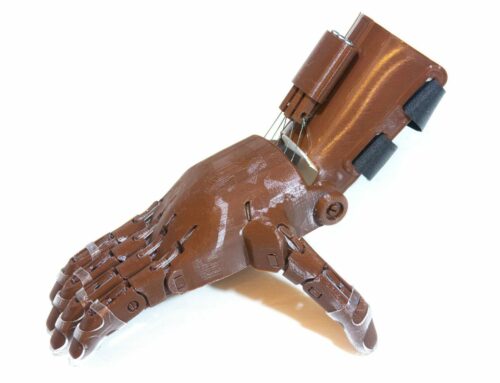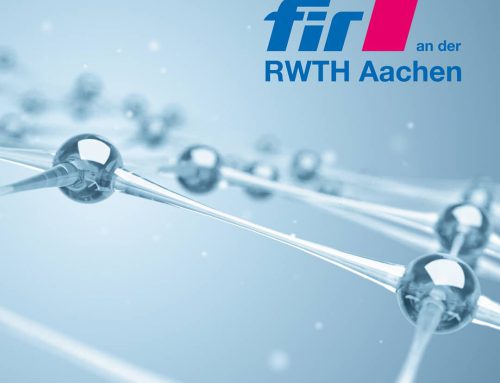Last year we informed you in an article about the rise of and the milestones in industry 4.0. In this article we would like to proceed with the impact that industry 4.0 will have on industry, especially the technical interconnect industry.
What we are seeing today is four trends that will further impact the industrial world in the course of 2017 and 2018.
The first trend concerns the infrastructure in an industrial setting. This will move away from being wired to being wireless. In effect this means that there will not only be more and more wireless infrastructures within an organisation, but also wireless connections with business partners and suppliers. The effects are most notable in Germany.
The second trend more and more solutions are found to make these wireless connections safe in the industry 4.0 workplace. Wireless communication requires a high degree of advanced protocols and procedures. Fibre optics cables and broadband networks are a prerequisite. By now the highest Brussels echelons in the EU have realised the importance of safety. There companies can even apply for research and implementation subsidies.
The third trend is that the qualifications and competences that are required to function efficiently and effectively in industry 4.0 have already been incorporated into educational programmes. This not only goes for regular educational institutions, such as research universities, universities of applied sciences and schools of vocational education. Organisations like IPC have also taken these qualifications and competences on board in their certification courses. Increasing digitisation has led to a competence shift in companies and organisations. In industry 4.0 IT security, knowledge of processes, procedures and process design are the need-to-have competences.
The fourth and final trend that can be observed is that more and more partnerships among companies active in industry 4.0 are being developed. This really boosts the concept of industry 4.0. Again it is Germany that is leading the way in Europe, mainly because the German government is very supportive of industry 4.0.






